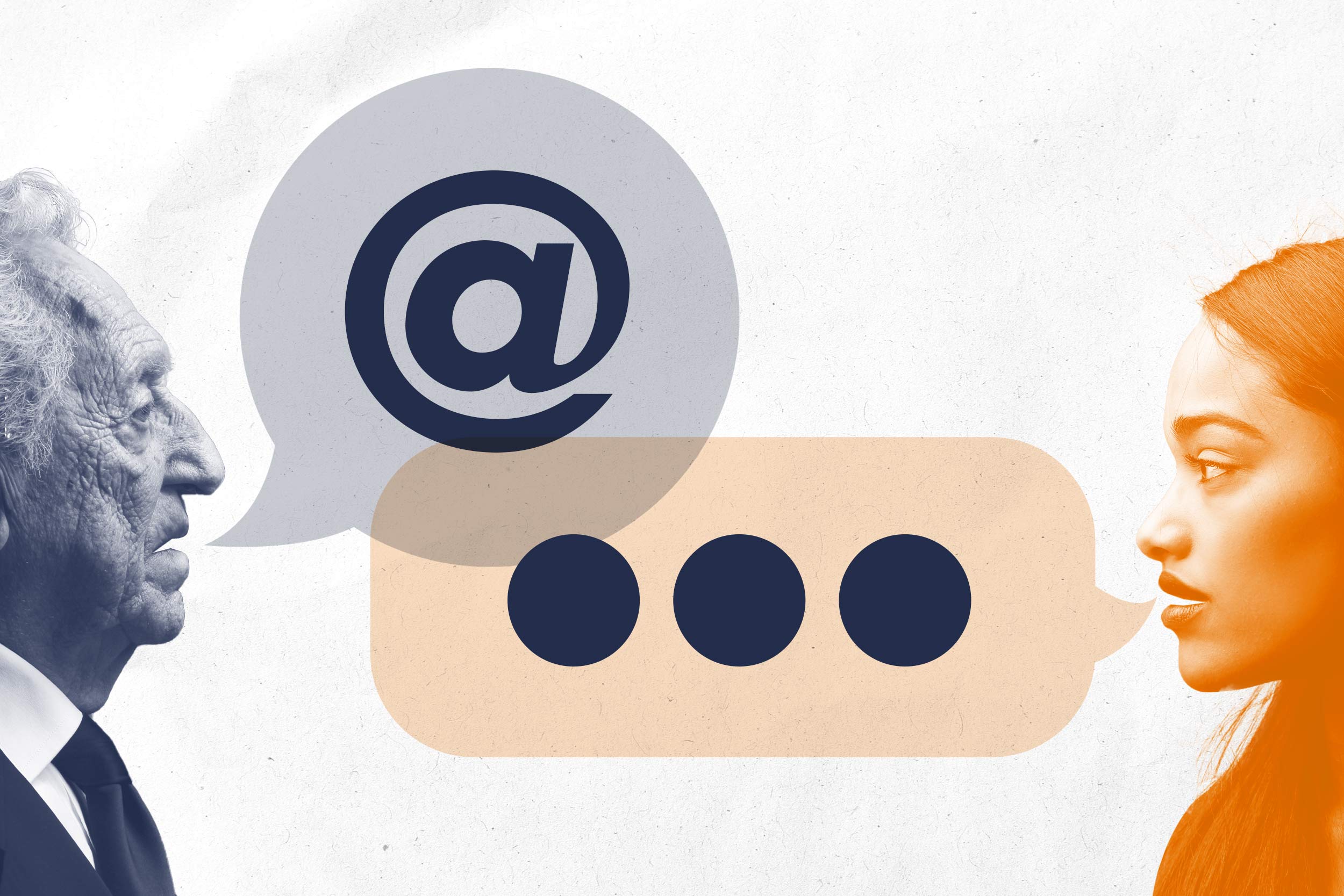Q. Are there common characteristics millennials bring to the workplace?
A. They are purpose-driven – they want to make an impact – and they want work-life balance. They like clear communication. They like recognition. They aren’t afraid to change jobs every few years. They are now the “sandwich generation” – with many of them taking care of both young kids and aging parents, so they are rightly concerned with work-life balance and earning potential. Work-from-home flexibility is key for their ability to get everything done.
Q. What characteristics do Gen Z workers bring to the workplace?
A. As a generation, this is the most self-aware, inclusive, tech-savvy generation in history. They are complete digital natives, which brings both benefits and challenges to the workplace. They are more aware of, and driven by, social justice and belonging than other generations. Their influence and demands will shape the future of work, for the better in many ways.
That said, they are also more anxious than previous generations and they’re not afraid to talk about and advocate for their mental health.
Q. What events or trends have influenced Gen Y’s and Gen Z’s behaviors in the workforce?
A. Officially, in the U.S., Gen Y’s (aka millennials) were born between 1981 and 1996, so the youngest of them are 28 years old. They came of age during 9/11, the Iraq War and the Great Recession, [so they have] lots of uncertainty around both safety and financial security.
Gen Zers were born between 1997 and 2012 – the oldest of them are in the workforce in their first or second jobs. They are complete digital natives and came of age during the rise of social media and AI, the Arab Spring, the murder of George Floyd and the COVID-19 pandemic. As a group, they are concerned with social justice and inclusion in the workplace. They seek immediate gratification regarding job promotion and supportive leadership, and they’re finding some disappointment in those regards. They sometimes have difficulty hearing the feedback they think they want. They are super social, so they don’t necessarily benefit from or enjoy working from home, nor are they getting the in-person training, communication and socialization they desire.
Q. How has the younger workers’ tech ability changed how business is conducted?
A. On the one hand, Gen Zers are obviously extremely tech savvy. They want immediate information and results and use technology to get there. They’re innovative and use social media to be more engaged with customers. Their reliance on technology has also created a communication challenge between the generations – the older workers don’t understand the younger ones, and the younger colleagues think the older ones are too formal and stodgy.
Q. Sometimes younger workers are accused of being less engaged or connected. Is this accurate?
A. Both research and anecdotal evidence suggest they are less engaged than previous generations, especially for Gen Z. Managers of Gen Z (and Gen Z employees themselves) report they are exhausted and disengaged at and by work.
A Bankrate survey from August showed 78% of Gen Z workers said they would look for other jobs within the year. What they seek, and the key to getting them more engaged, is professional development that helps them thrive as whole people and a focus on the positive impact their work has on society.
Q. Why do you think younger workers have gained a reputation for being “difficult”?
A. The challenges I see are mostly based on communication styles, unconscious bias and difficulty giving and receiving feedback. On the unconscious bias front, boomers and Gen Xers think millennials want too much work-life balance and don’t want to work hard. My older clients complain about this all the time. Gen Xers complain millennials are entitled, jump companies too often and aren’t loyal to their employers.












